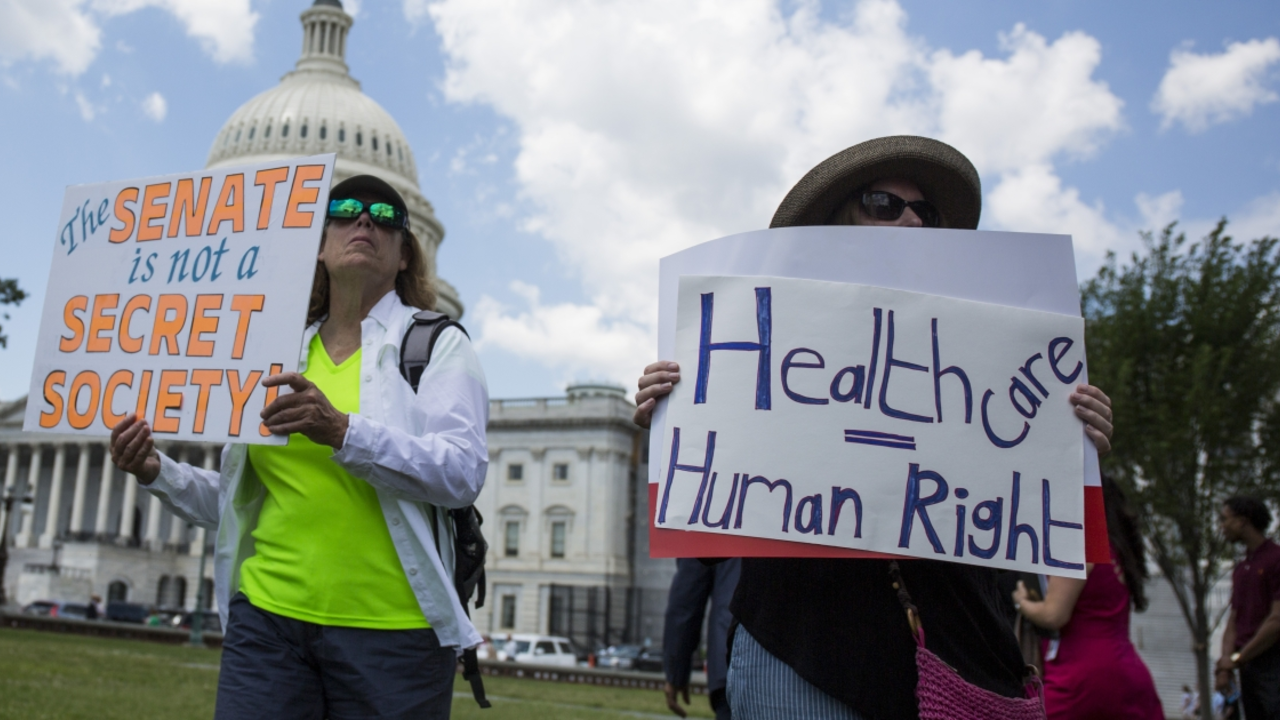Understanding the Opposition: A Historical Perspective
During one of those rare moments when my spouse, Savannah, and I found the time to ponder about something other than the antics of our kids, Elliot and Asher, the subject of universal healthcare came up. "Why are so many Americans opposed to it?" she asked. I found myself unable to provide a succinct answer. I realized that the opposition to universal healthcare in the US is a complex issue, deeply rooted in historical, economic, and socio-political factors that far exceed the common arguments of affordability and access to quality healthcare.
A deep dive into the chronicles of American healthcare reveals that opposition to government-led health plans isn’t a new phenomenon. We jotted down notes, viewpoints, and interesting anecdotes, our dining table soon resembling a timeline of American healthcare. We traced back opposition roots to the early 20th century when compulsory health insurance was proposed. Fascinatingly enough, this plan was met with fierce opposition from the American Medical Association (AMA) simply because it threatened the doctor-patient relationship and the traditional fee-for-service model.
The Fear of Socialism
Fast forward a few decades past failed attempts at health reforms and you hit the Cold War era. This period amplified Americans' fear of anything remotely suggesting socialized medicine. Part of the problem at this time was the prevalent perception of government stepping in as an infringement on personal liberties – a very American sentiment. Discussing this part felt eerily familiar, reminding me of Shelley, our tortoise, and her cute insistence on carrying her entire world (her shell) on her back, refusing anyone's help. Savannah and I laughed at the comparison but it serves to illustrate just how deep individual liberty runs in America's DNA.
American Ideals and Values
Just as Jasper, our parrot, cherishes his freedom to flit about our living room, so do Americans value individual freedom and limited government intervention. These ideals are deeply ingrained in the American psyche and they play a huge part in the opposition to universal healthcare. The thought of government playing big brother in healthcare isn't appealing to many. There is also the belief that universal healthcare erodes personal responsibility, leading to moral hazard. This deep-seated belief in self-reliance and the sanctity of personal choice forms a significant roadblock to universal healthcare acceptance.
Private Sector Domination
The U.S. healthcare market is dominated by private players, from insurance companies to pharmaceutical corporations, each with substantial lobbying power and financial interests. These players often stir opposition to universal healthcare, fearing the dent on their market power and profits. The perennial struggle between private healthcare institutions and government agencies was to us as riveting as the ongoing war of wills between Shelley and Elliot over lettuce choices during feeding times.
Quality vs. Quantity Dilemma
A common argument against universal healthcare is that it will decrease the quality of care. The reasoning behind this belief is that a surge in demand for healthcare services without a proportionate increase in resources could lead to overcrowded facilities, longer waiting times, and stretched medical staff. Now, wouldn't that be like promising our rowdy boys, Elliot and Asher, a fun day out and then spending the entire afternoon queueing up for a roller coaster ride? Not a pretty picture, right? This imagined scenario is something advocates of universal healthcare need to address convincingly to win over skeptics.
Sea Change or Incremental Shift?
Changing something as vast and intricate as the American healthcare system is not an overnight affair. It's more akin to teaching Jasper a new phrase; time-consuming, laborious, and demanding monumental patience. The behavioral economics concept of status quo bias comes into play here. People are generally resistant to change, especially when the change is as deep and far-reaching as universal healthcare implementation would necessitate.
Fear of Increased Taxes
Just like no one likes receiving a higher-than-usual water bill (I'm looking at you, Asher, and your newfound love for excessively long showers), the possibility of higher taxes to pay for universal healthcare doesn't exactly leave people thrilled. Increasing taxes, whether on the wealthy or across the board, is usually a tough pill to swallow. Keep in mind that while numerous societies are happy to pay high taxes for extensive welfare systems, Americans traditionally have strong repulsion towards tax increases. This could, in part, explain their hesitance towards implementing universal healthcare.
Thus, to understand the American opposition to universal healthcare, one has to delve into the gritty layers of American history, its economic context, societal values, individual expectations, and political environment. The clash between opposing ideologies on this issue creates a fascinating narrative that continues to evolve. As Savannah and I cleared off our table, we realized that just like our family discussions - full of differing views, passionate arguments, laughter and learning - the debate on universal healthcare is a constantly rotating wheel moving the American healthcare system, albeit slowly. Only future policy changes will reveal where that journey may lead us.
